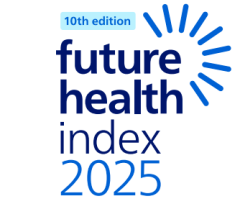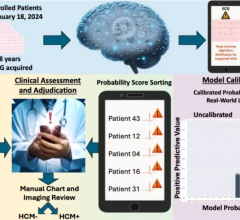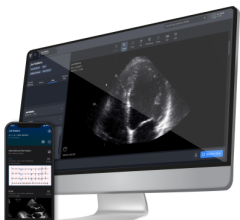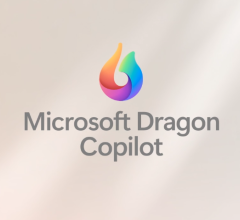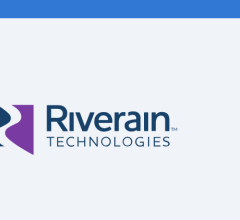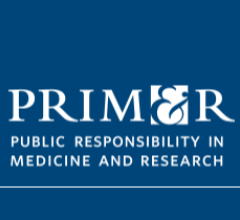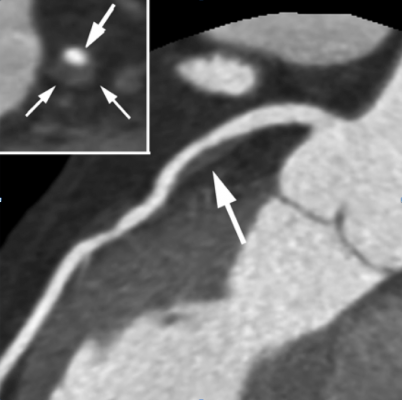
November 27, 2018 – Zebra Medical Vision and Clalit Health Services announced the completion of a research project that allows early identification of patients with cardiovascular disease. Using existing computed tomography (CT) data, Zebra-Med’s artificial intelligence (AI) algorithms allow Clalit to identify patients at risk of cardiac events. The project was independently validated by the Clalit Research Institute and was presented for the first time during the 2018 Radiological Society of North America (RSNA) annual meeting, Nov. 25-30 in Chicago.
Clalit owns and operates 1,500 primary care clinics and 14 hospitals, including 30 percent of Israel’s hospital acute care beds, treating over 4 million patients.
A five-year retrospective cohort study of 14,135 patients with non-gated, unenhanced chest CT was used to examine the cardiovascular predictive power of Zebra-Med’s automatic coronary calcium scoring (CCS) algorithm. Prediction performance results were compared between the American Heart Association (AHA) 2013 predictive model (base model) and the same model with the Zebra-Med CCS inserted as an additional predictor (augmented model). The addition of Zebra-Med’s CCS improved sensitivity and specificity of the contemporary gold-standard AHA model, resulting in a net 4.5 percent categorical risk-reclassification improvement. The results indicate that by including a coronary calcium score derived by analyzing non-gated CT scans with Zebra-med’s algorithms, significant improvements in risk classification are achieved.
According to the AHA, In 2016, cardiovascular disease (CVD) cost America $555 billion. By 2035, the cost will skyrocket to $1.1 trillion and by 2035, nearly half of the U.S. population will have some form of cardiovascular disease. Therefore, this research finding can help individuals and clinicians become aware of the risk stratification category for coronary vascular events in the next 10 years. This insight may lead to more tailored and preventative therapy.
For more information: www.zebra-med.com


 September 24, 2025
September 24, 2025 
